Conrad Grebel (1498–1526) was co-founder of the Swiss Brethren, a branch of Anabaptists in Zurich. This year marks the 525th anniversary of his birth.
He was born in Grüningen to Jakob and Dorothea Grebel, moving to Zurich with his family around 1513.
Grebel spent six years in three universities but never earned a degree. In Paris he lived an immoral lifestyle, and when his father cut off his funds, he returned to Zurich.
In 1521, he met with a group led by Ulrich Zwingli, leader of the Reformation in Switzerland, and the two studied Greek, Hebrew and the Latin Bible together.
Grebel’s life changed in 1522 when he married a woman below his social class and of whom his family disapproved. He later experienced a Christian conversion and underwent a dramatic lifestyle change, becoming an ardent supporter of Zwingli.
Clash of opinions
The next year differences between Grebel and Zwingli arose — both men wanted the Catholic Mass to be abolished but when Zurich city councilmen did not favor it, Zwingli relented. Grebel believed the councilmen had no authority over the church and also didn’t think the church had authority over the state.
The revolutionary idea of a separation between church and state was forming.
Grebel believed in the authority of the Bible, and since the Bible did not mention infant baptism, believed only adults should be baptized. On January 17, 1525, Zwingli called for a public debate on the issue. Felix Manz and George Blaurock joined Grebel on the side of believers’ baptism.
City council members and Zwingli disagreed and ordered Grebel’s group to disband and all unbaptized infants to be baptized. Grebel’s daughter was an infant, but he refused her baptism.
Message of repentance
Soon Grebel met with the exiled radicals and baptized Blaurock. Then Blaurock baptized Grebel, Manz and others present. Grebel traveled to St. Gall and preached the gospel of repentance and baptism, and more than 500 people responded to his call.
In October 1525, Grebel was arrested. In prison he wrote a defense of adult baptism, and escaped in March 1526 to continue preaching. A few months later he died of the plague at the age of 28.
His closest friends were martyrs — Manz was drowned in 1527, and Blaurock was burned at the stake in 1529.
Although his Christian ministry was less than four years and his time as an Anabaptist only a year-and-a-half, Grebel’s contributions made him known as “The Father of Anabaptists.”

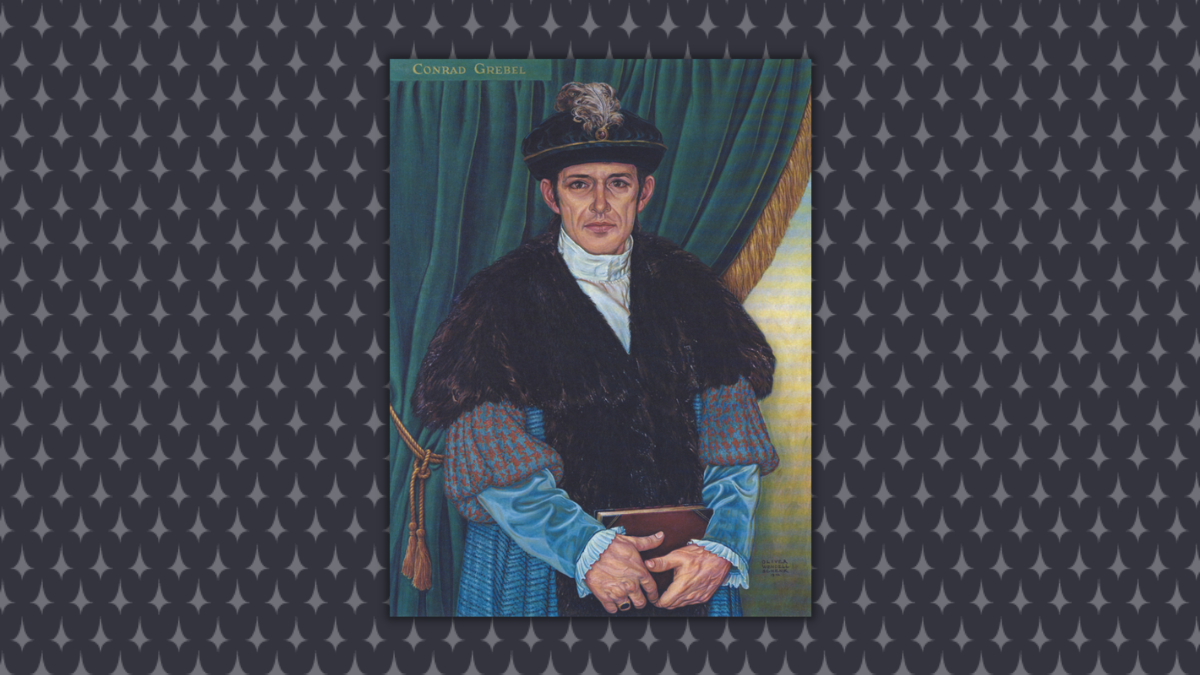
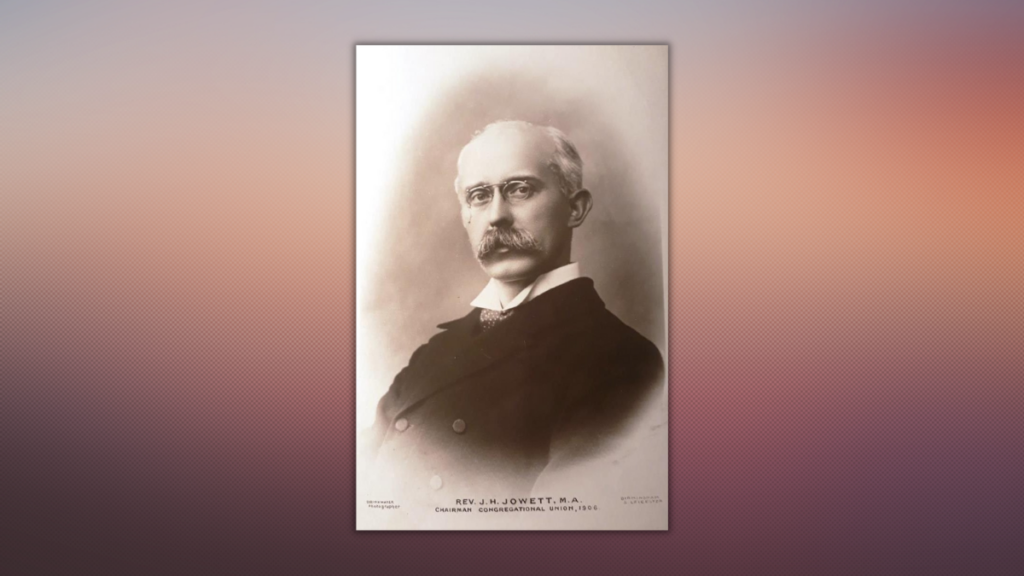
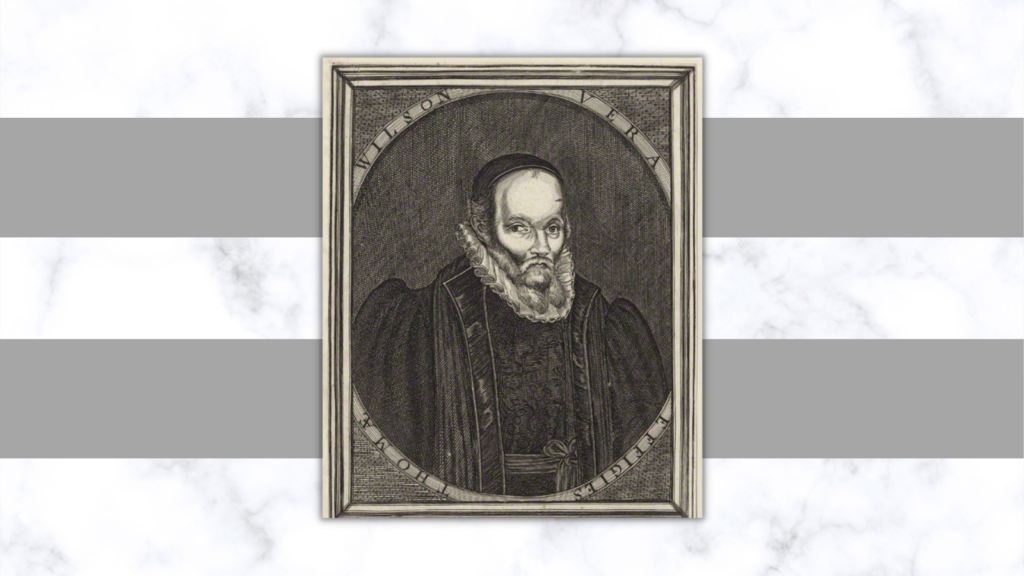
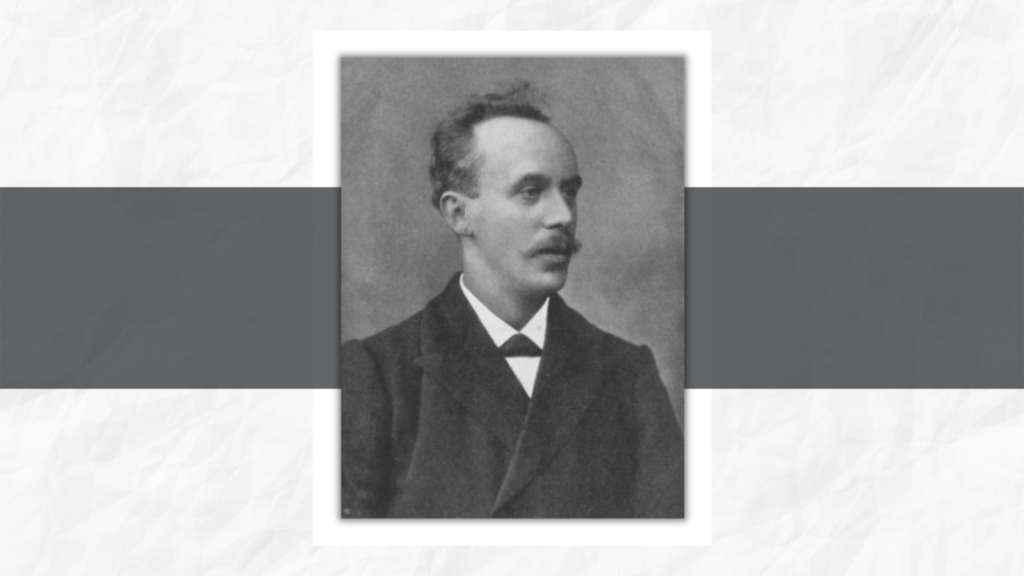
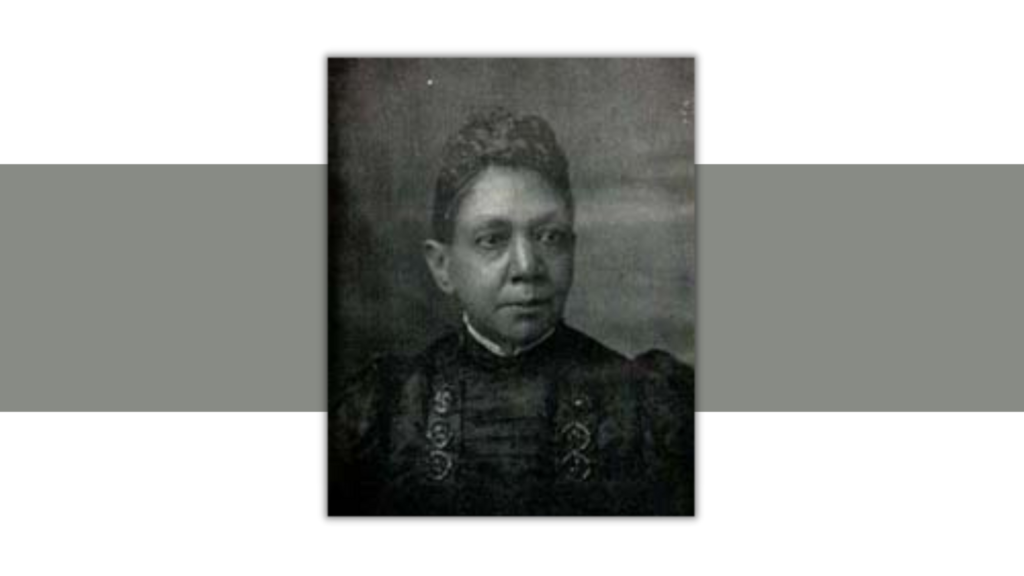
Share with others: